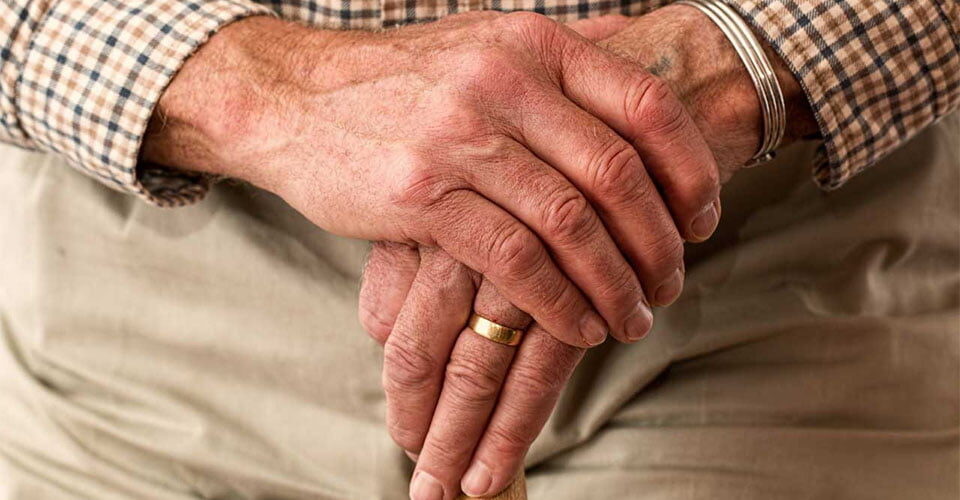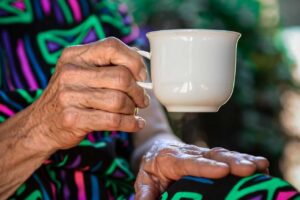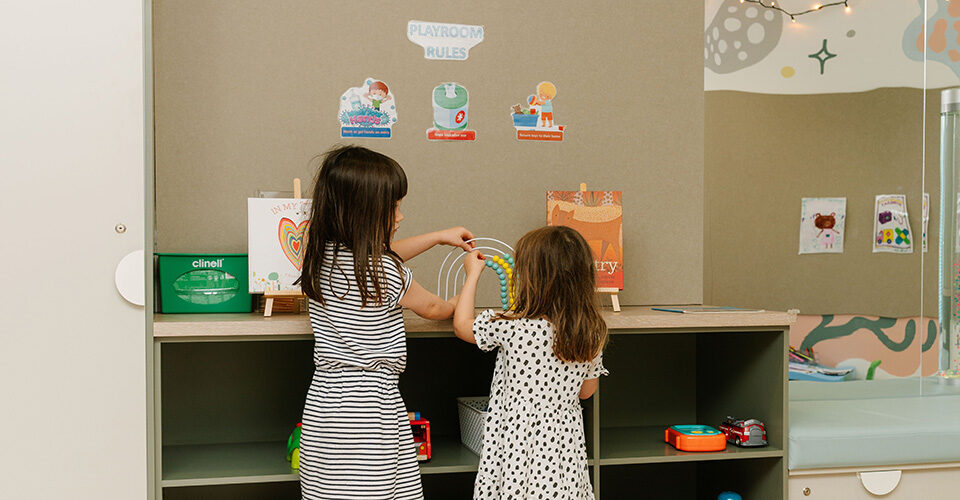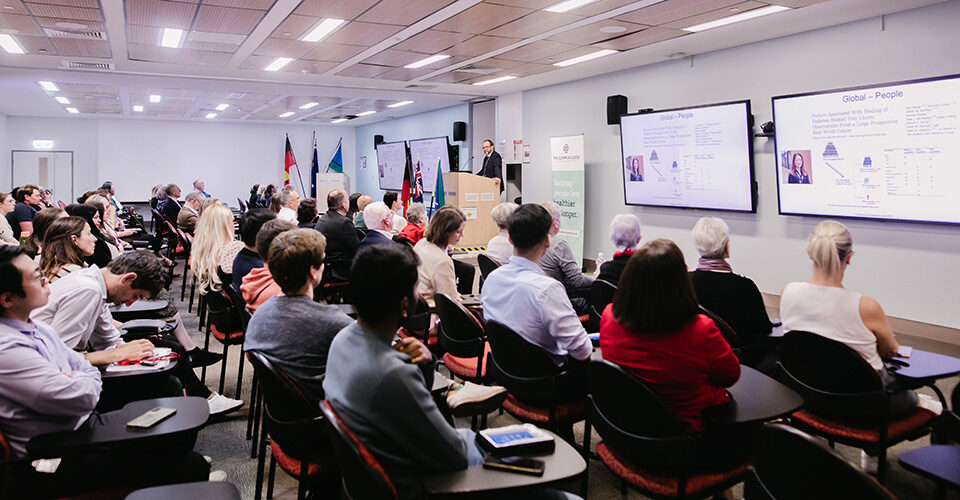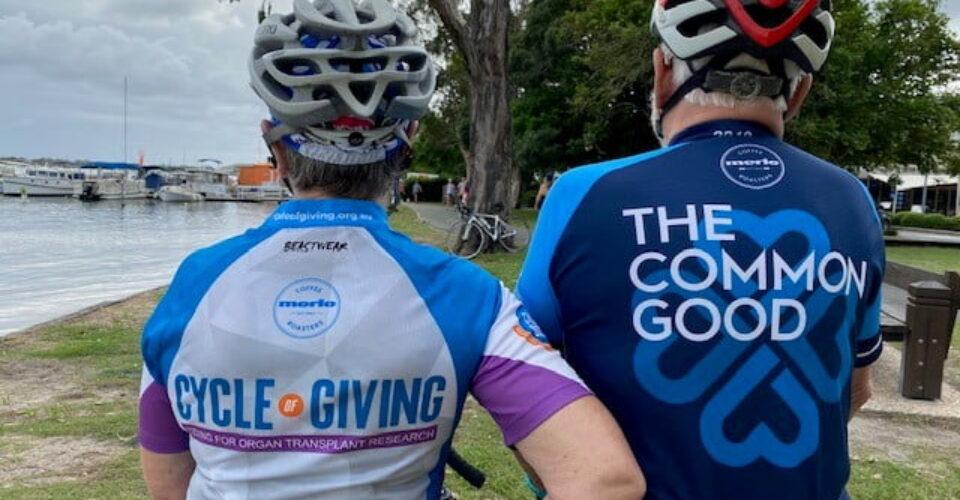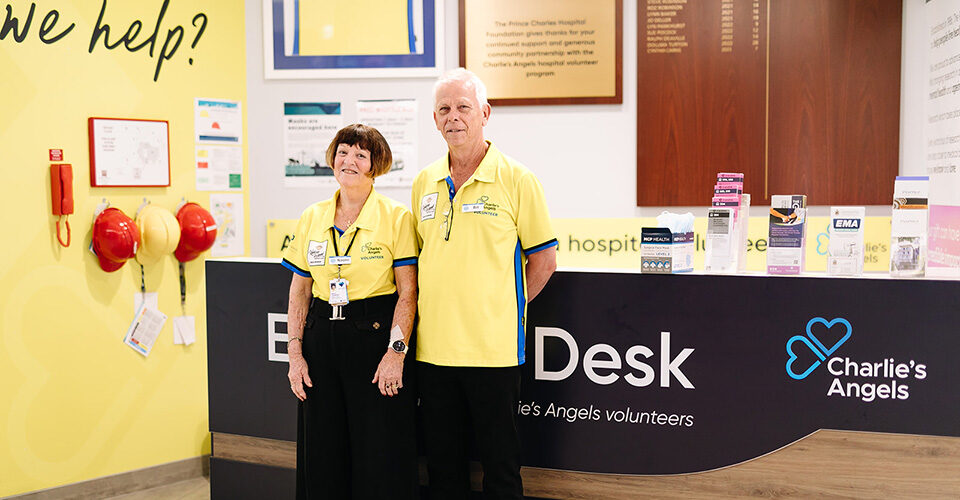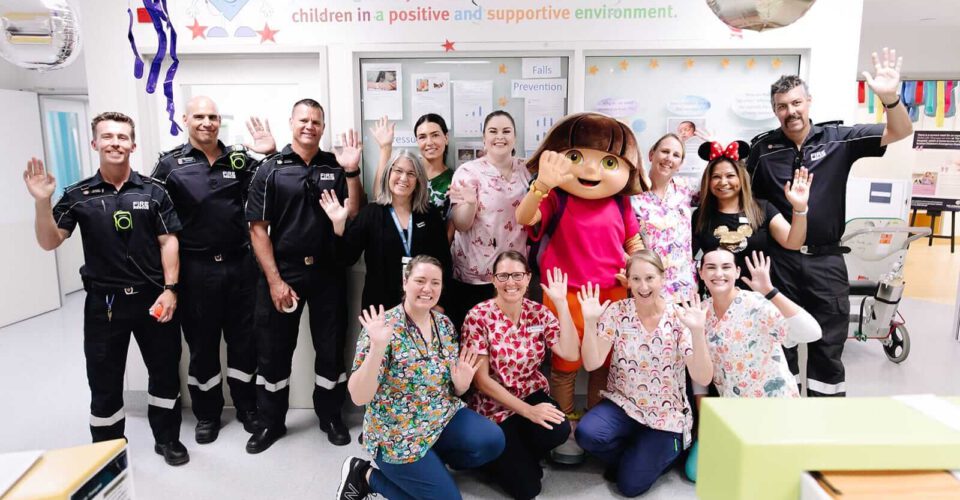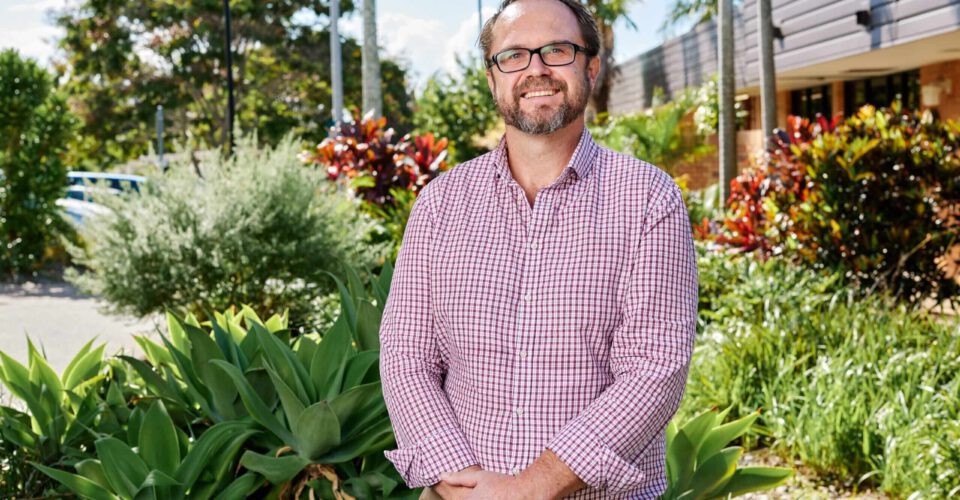An aging population means many of us have the opportunity to spend more precious days with our loved ones, yet the natural aging process also means it is inevitable that our cells and their function will deteriorate over time and lead to a decrease in mental and physical abilities [1].
There are many common health conditions and problems the elderly experience, including osteoarthritis, chronic obstructive pulmonary disease (COPD), diabetes, hearing loss and depression, plus several complex health states referred to as geriatric syndromes.
The World Health Organisation says geriatric syndromes are often the result of multiple underlying factors.
“Geriatric syndromes include a number of conditions typical of, if not specific to, aging, such as dementia, depression, delirium, incontinence, vertigo, falls, spontaneous bone fractures, failure to thrive, and neglect and abuse,” Lodovico Balducci, in Abeloff’s Clinical Oncology (Fifth Edition), 2014.
A geriatrician is a doctor who takes care of older people who tend to have multiple complex health conditions occurring simultaneously. Furthermore, managing care and treating older adults with geriatric syndromes takes a multi-disciplinary approach.
What conditions do geriatricians treat?
Jeffrey Rowland, Director of Internal Medicine at The Prince Charles Hospital says three of the most common conditions that require the input of geriatrician are:
1. Dementia
Dementia Australia describes dementia as: “a collection of symptoms caused by disorders affecting the brain. It is not one specific disease. Dementia can affect thinking, memory and behaviour.”
The four common types of dementia are Alzheimer’s disease, Vascular dementia, Lewy body disease and Frontotemporal dementia.
The risk of dementia increases as we age. Dementia Australia says it affects nearly 1 in 10 people over the age of 65 and three in ten over the age of 85.
There are currently estimated to be around 487,500 people living with all forms of dementia in Australia. [2]
Read more about dementia here.
2. Delirium
Delirium is described as a serious disturbance in mental abilities. It severely impacts a person’s perception, cognition, and awareness.
Delirium can occur very quickly, for example, in a matter of hours. While it is temporary, its symptoms can be terrifying and cause significant distress.
To read more about delirium and its impacts on a patient and their family, click here.
3. Falls
As people age, they naturally lose muscle mass and strength. Some people experience changes to their eyesight; others may have issues with their balance. These things can increase the risk of falls.
According to Health Direct, nearly 1 in 3 older Australians have had a fall in the past year, and 20% of them needed to be hospitalised.
Many who experience falls receive other injuries, such as fractures. The incident may also cause the person to become fearful of falling again, reducing their confidence and, as a result their mobility.
“An older person falls just because they’re walking along and they get dizzy for a whole bunch of reasons, and they go to ground,” Jeffrey Rowland, Director of Internal Medicine at The Prince Charles Hospital, said.
“They might fall over from a standing height, break their hip and it’s a disaster. They’ll need surgery on the background that they’ve got heart disease, they also have a bit of confusion and that makes them more confused. It’s the beginning of a whole bunch of problems to fall over, so it requires a complete multi-disciplinary input. Whereas a young person falls over, stands up and goes away.”
Other conditions a geriatrician may help with include:
4. Drug interactions:
It is not uncommon for older people to have several chronic health conditions requiring medication.
These medications can interact with one another, and drug interactions can lead to functional decline in older people.
How to Support our Older Patients this Season of Giving
This year during our Season of Giving, we are raising money for projects and programs at The Prince Charles Hospital and Caboolture Hospital that benefit our older patients. Many aim to improve mobility during a hospital stay and boost social connection.
One of those projects proposed for both hospitals is ‘A Walk Down Memory Lane’: A corridor containing photos, memorabilia, and other sensory cues to act as a destination for patients to visit with their carers and families. Read more about it here.
Another project we’re raising money for is Charlie’s Village: A village-like community area within the Cognitive Assessment Management (CAM) unit – the extended care ward that houses patients with dementia and other cognitive impairments. It will include various ‘zones’ with familiar facades, such as a hairdresser, bakery, and post office. It’s hoped these recognisable settings will help to stimulate patient memories and keep them engaged physically.
“Everybody’s going to get old one day, that’s what we want to do. When you grow old, you’re going to need to be taken care of. That’s what happens. Let’s start investing in our elderly. We’re all going to be old one day – invest in your future,” said Jeffrey Rowland.
To donate to support life-changing patient projects, click here.
Footnotes
[1] World Health Organisation https://www.who.int/news-room/fact-sheets/detail/ageing-and-health
[2] Dementia Australia (2018) Dementia Prevalence Data 2018-2058, commissioned research undertaken by NATSEM, University of Canberra. https://www.dementia.org.au/information/statistics/prevalence-data
